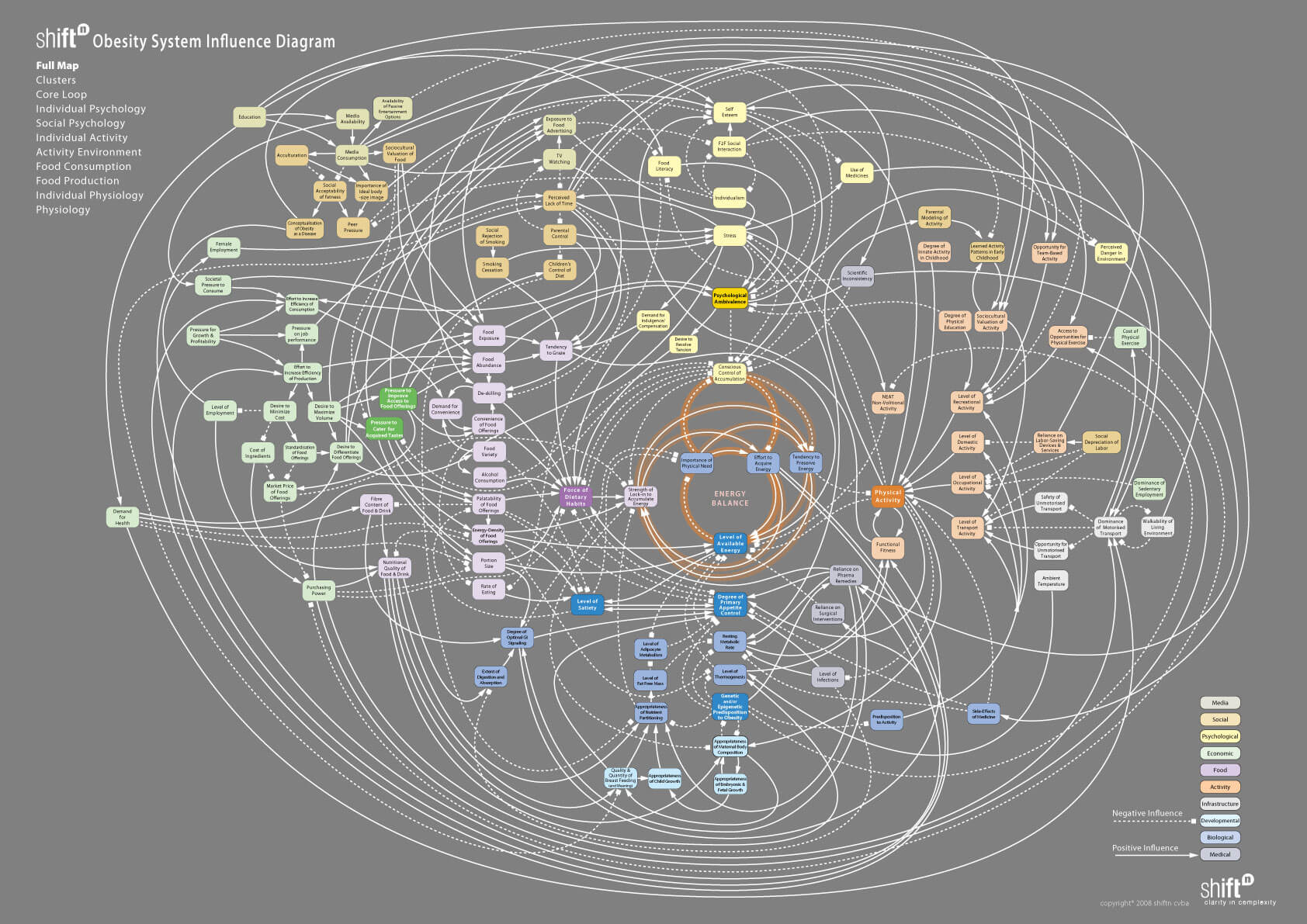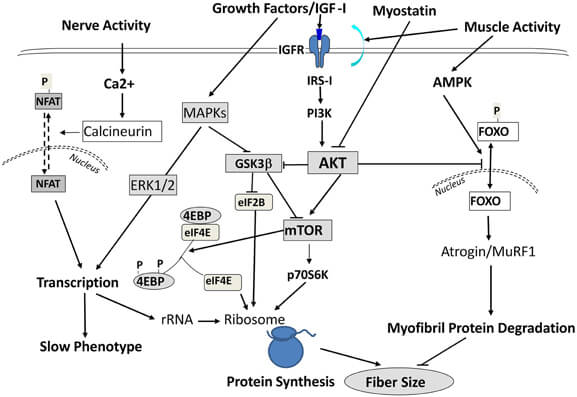Your body is a massively redundant, nonlinear, messy system. It has lots of ways to accomplish the same purposes.
Here are a few examples. This is the classic image depicting most of the factors that influence the current obesity epidemic:

Here are (some of) the signaling pathways leading to muscle hypertrophy, all of which are impacted to different degrees based on nutrition and training factors:

Does your body need fuel? There are four energetic macronutrients for that (you can’t forget about alcohol!), as well as an abundant supply of stored energy for three of those macronutrients, in addition to the ability to produce ketones.
Does it need to accomplish a particular movement? There are multiple muscles at most joints to accomplish any particular movement. Most people, most of the time, don’t need to worry about what particular muscle is being used; your nervous system typically takes care of that quite efficiently without conscious thought, and more often than not, focusing on the movement itself is more beneficial than focusing on individual muscles.
Do you want to get jacked? There are a lot of different signaling pathways that lead to muscle growth, meaning a lot of sufficiently challenging training parameters can make you swole.
There are certainly more and less efficient ways for your body to accomplish any particular purpose, and those things certainly matter at elite levels of competition, but it’s easy to over-emphasize the differences and ignore the broad domains where pretty sizable differences in application really just don’t matter all that much for most people, most of the time.
We like to use mechanical analogies to explain our bodies. But, quite simply, those analogies just aren’t very good.
For example, a car needs a very particular type of fuel, it performs equally well until it runs out of fuel but stops functioning completely the moment it runs out, and it only has a single way of accomplishing any purpose (if one part doesn’t function correctly the whole machine stops working, or starts functioning much, much worse).
A car is linear. With a car, cause and effect are easy to unravel.

If you conceptualize your body as a linear system, it becomes much, much easier to get hung up on the details.
In a linear system, a small tweak can be the difference between optimal function and zero function. A small tweak will have predictable downstream consequences.
In a messy, nonlinear system, small tweaks are much less important. Fasted cardio? Eating six meals per day? Post-workout supplement regimens? Finding a magic rep range (that’s the topic of next week’s article)?
It’s not that those things won’t make any difference. It’s just that, if they do make a difference, the difference will probably be very small, since those things are just details, not big-picture items.
In a messy, redundant, nonlinear system, small tweaks generally get lost in the noise.
Calorie intake, protein intake, and training volume are by far the most important factors determining your body composition and degree of swole-ness. Add in training intensity and specificity, and you’ve got the major factors determining strength as well.
Everything else is just details. And it’s not that details don’t matter; it’s just that unless you’re an elite-level athlete trying to eek out an extra percentage of performance, they don’t matter very much. In a complex, redundant system, details generally get lost in the noise, and end up having at most a trivial effect.
You have the complexity of your physiology to thank for the simplicity in application.



